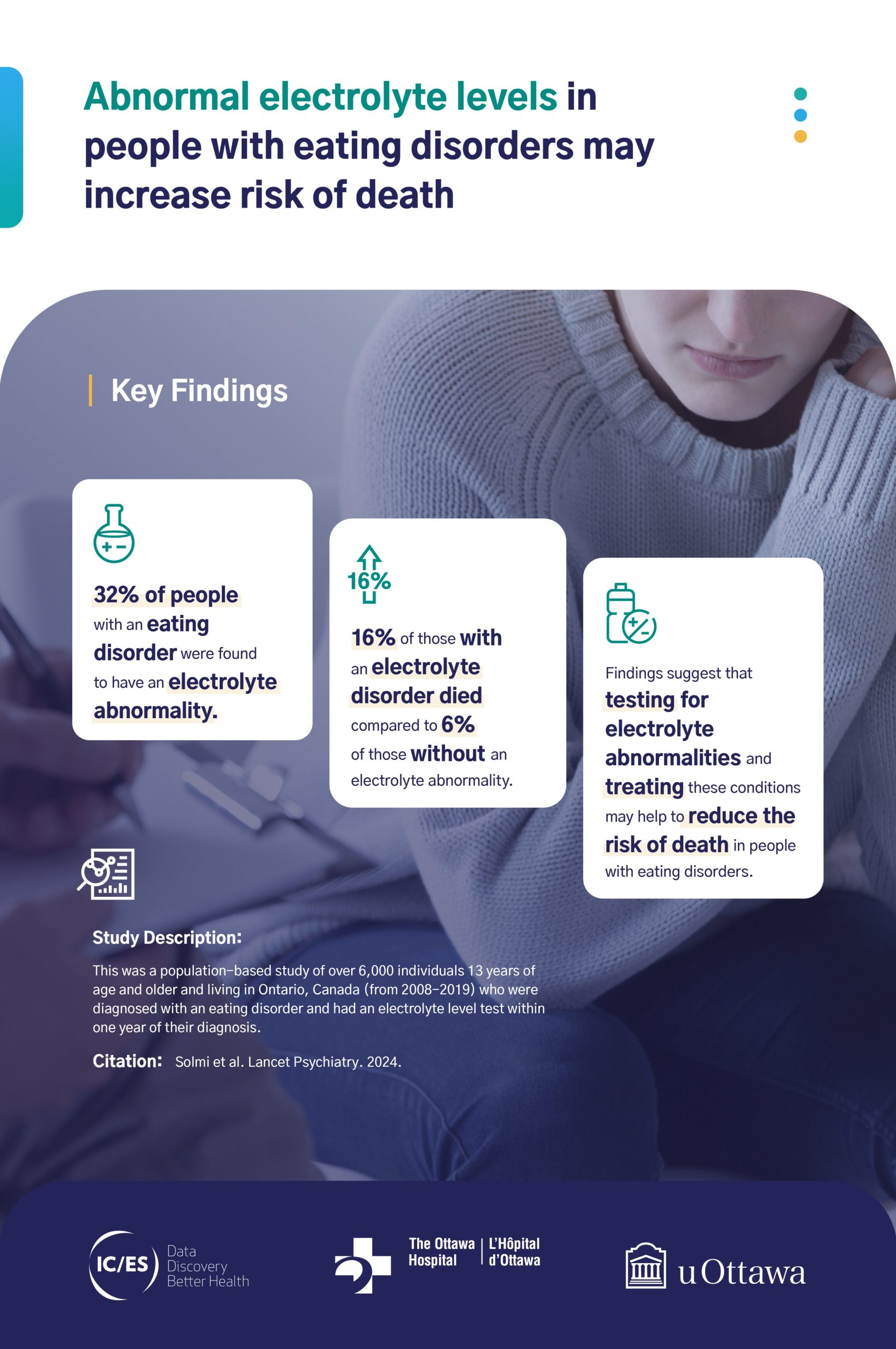Researchers at ETH Zurich have discovered a mechanism behind the yo-yo effect: fat cells have a memory that is based on epigenetics.
Anyone who has ever tried to get rid of a few extra kilos knows the frustration: the weight drops initially, only to be back within a matter of weeks — the yo-yo effect has struck. Researchers at ETH Zurich have now been able to show that this is all down to epigenetics.
Epigenetics is the part of genetics that’s based not on the sequence of genetic building blocks but on small yet characteristic chemical markers on these building blocks. The sequence of building blocks has evolved over a long period of time; we all inherit them from our parents. Epigenetic markers, on the other hand, are more dynamic: environmental factors, our eating habits and the condition of our body — such as obesity — can change them over the course of the lifetime. But they can remain stable for many years, sometimes decades, and during this time, they play a key role in determining which genes are active in our cells and which are not. “Epigenetics tells a cell what kind of cell it is and what it should do,” says Laura Hinte, a doctoral student in the group led by Ferdinand von Meyenn, Professor of Nutrition and Metabolic Epigenetics.
An epigenetic memory of obesity
The researchers led by the two and their colleague Daniel Castellano Castillo, a former postdoc in von Meyenn’s group, looked for the molecular causes of the yo-yo effect in mice. They analysed fat cells from overweight mice and those that had shed their excess weight through dieting. Their investigations revealed that obesity leads to characteristic epigenetic changes in the nucleus of fat cells. What’s special about these changes is that they remain even after a diet. “The fat cells remember the overweight state and can return to this state more easily,” von Meyenn says. The scientists were able to show that mice with these epigenetic markers regained weight more quickly when they again had access to a high-fat diet. “That means we’ve found a molecular basis for the yo-yo effect.”
They also found evidence for this mechanism in humans. The ETH Zurich researchers analysed fat tissue biopsies from formerly overweight people who had undergone stomach reduction or gastric bypass surgery. The tissue samples came from various studies carried out at Karolinska Institutet in Stockholm and at hospitals in Leipzig, Dresden and Karlsruhe. In these samples, the researchers analysed gene expression rather than epigenetic markers. However, the results are consistent with those of the mice. The researchers report on their work in the latest issue of the journal Nature.
Prevention is the key
Something the researchers haven’t investigated is how long fat cells can remember obesity. “Fat cells are long-lived cells. On average, they live for ten years before our body replaces them with new cells,” Hinte says.
It’s not currently possible to change the relevant epigenetic marks in the cell nucleus with drugs and thus erase the epigenetic memory. “Maybe that’s something we’ll be able to do in the future,” Hinte says. “But for the time being, we have to live with this memory effect.” Von Meyenn adds: “It’s precisely because of this memory effect that it’s so important to avoid being overweight in the first place. Because that’s the simplest way to combat the yo-yo phenomenon.” The researchers are directing this message primarily at children and young people and their parents.
With their work, the ETH researchers have shown for the first time that fat cells possess an epigenetic memory of obesity. However, they don’t assume that fat cells are the only cells with such a memory. “Other body cells might also play a part in the yo-yo effect,” von Meyenn says. It’s quite conceivable that cells in the brain, blood vessels or other organs also remember obesity and contribute to the effect. Whether this is actually the case is what the researchers want to find out next.


